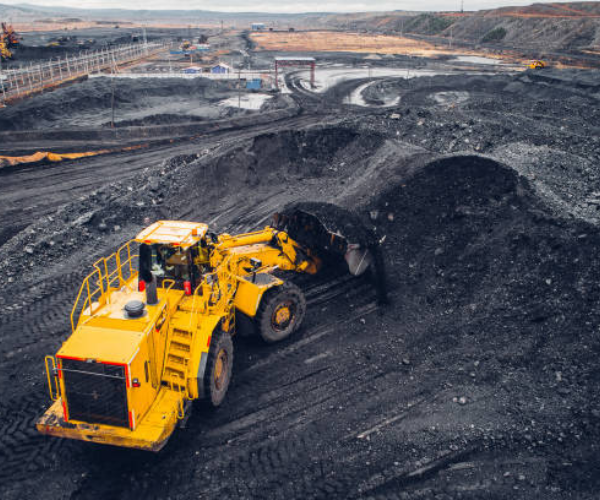Access to fossil fuel energy derived from crude oil, gas, coal and petrochemical production have been one of the prime drivers if not the main factor in the industrial revolution. It is generally believed that subterranean crude oil extraction will become limited in the 2030’s, hence the necessity to obtain other forms of energy. Fossil has both disadvantages and advantages, some of which are as follows:
- Major contributor to carbon dioxide pollution.
- Easily obtained and refined.
- Fluctuating cost structures.
Fossil fuels have powered the process in society for more than a hundred years. However, reserves of crude oil are likely to be reduced to a low level by the Middle of the century. Apart from the desire to reduce carbon emissions. Both renewable energy and fossil fuels will have to operate in parallel for the for-seeable future. An observation should also be made that the production of all components for renewable energy are not green as is the energy required to charge batteries for EV’s. Charging times and points are also an issue with EV’s. Further, due to the high battery mass load, heavy duty and long haul transportation is going to have to rely upon fossil fuel, also unless nuclear energy is utilized the bulk of all electricity will be generated by coal or diesel fired power utilities for the foreseeable future.



